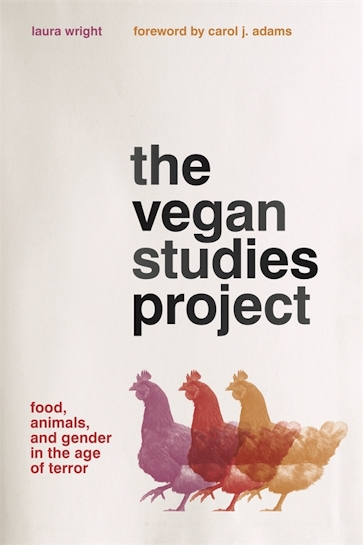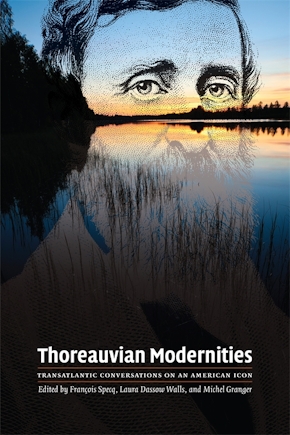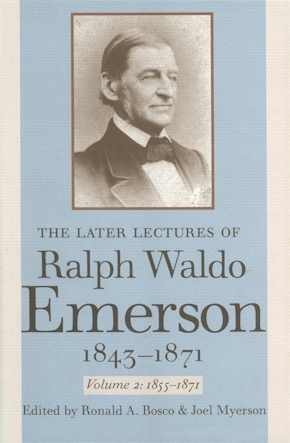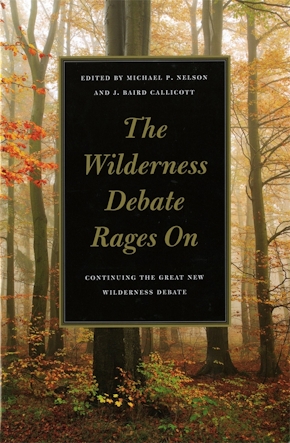The Vegan Studies Project
Food, Animals, and Gender in the Age of Terror
Title Details
Pages: 232
Illustrations: 17 b&w images
Trim size: 6.000in x 9.000in
Formats
Paperback
Pub Date: 10/01/2015
ISBN: 9-780-8203-4856-8
List Price: $34.95
Hardcover
Pub Date: 10/01/2015
ISBN: 9-780-8203-4855-1
List Price: $120.95
eBook
Pub Date: 10/01/2015
ISBN: 9-780-8203-4854-4
List Price: $34.95
The Vegan Studies Project
Food, Animals, and Gender in the Age of Terror
The foundational text for the nascent field of vegan studies
Skip to
- Description
- Reviews
This inescapably controversial study envisions, defines, and theorizes an area that Laura Wright calls vegan studies. We have an abundance of texts on vegans and veganism including works of advocacy, literary and popular fiction, film and television, and cookbooks, yet until now, there has been no study that examines the social and cultural discourses shaping our perceptions of veganism as an identity category and social practice.
Ranging widely across contemporary American society and culture, Wright unpacks the loaded category of vegan identity. She examines the mainstream discourse surrounding and connecting animal rights to (or omitting animal rights from) veganism. Her specific focus is on the construction and depiction of the vegan body—both male and female—as a contested site manifest in contemporary works of literature, popular cultural representations, advertising, and new media. At the same time, Wright looks at critical animal studies, human-animal studies, posthumanism, and ecofeminism as theoretical frameworks that inform vegan studies (even as they differ from it).
The vegan body, says Wright, threatens the status quo in terms of what we eat, wear, and purchase—and also in how vegans choose not to participate in many aspects of the mechanisms undergirding mainstream culture. These threats are acutely felt in light of post-9/11 anxieties over American strength and virility. A discourse has emerged that seeks, among other things, to bully veganism out of existence as it is poised to alter the dominant cultural mindset or, conversely, to constitute the vegan body as an idealized paragon of health, beauty, and strength. What better serves veganism is exemplified by Wright’s study: openness, debate, inquiry, and analysis.
—Hal Herzog, author of Some We Love, Some We Hate, Some We Eat: Why It’s So Hard to Think Straight about Animals
—Tristram Stuart, author of The Bloodless Revolution: A Cultural History of Vegetarianism from 1600 to Modern Times and Waste: Uncovering the Global Food Scandal
—A. P. Boyar, Choice
—Susan Zieger, Public Books



